The Indian-American community is small but powerful enough to be instrumental in changing America’s foreign policy, said an Indian-American leader, who played a key role in shaping some of the key moments in bilateral ties.
Swadesh Chatterjee, a Padma Bhushan awardee in 2001, said the US-India relationship has just scratched the surface and there are immense opportunities in several key areas, including clean energy, global health and innovation.
“Today it’s the Indian American community, though it is small, it is politically powerful to really change the policy of the United States, and also for India. That is coming of age of Indian American community, and you should be all proud,” he said at an event here on Wednesday.
North Carolina-based Chatterjee has played a key role in the India-US relationship, particularly in lifting sanctions post-nuclear tests and getting the civilian nuclear deal passed through the US Congress.
“We should work very hard. Work has just begun. There will be misunderstanding, there will be challenges between India and us,” he told a gathering of Indian Americans.
“As you very well know, India did not support the US in the United Nations when Russia attacked Ukraine. A lot of (people) thought what is this about India? But India and the US relationship cannot be on auto pilot. There are always challenges,” he said.
Unlike its Quad partner countries, India has not yet condemned the Russian invasion of Ukraine and it abstained from the votes at the UN platforms on the Russian aggression.
India has been pressing for an immediate cessation of violence in Ukraine and seeking a resolution of the crisis through diplomacy and dialogue.
Chatterjee said Indian Americans have played a “vital role” in the relationship between the two countries. “We will be there to make sure that it does not slide,” he said.
Chatterjee, who has worked on this relationship for the past several decades, said India was earlier viewed with suspicion, as a part of the Soviet block and a country with chronic property.
“In the geopolitical chess game, they used to think that India is a country to be managed, not a partner,” he said.
“But the rise of India’s economic power after Narasimha Rao became the prime minister and Dr. Manmohan Singh became the finance minister and America’s interest in China and, most importantly, the political activism of Indian Americans in this country has altered the US-India relationship,” Chatterjee said.


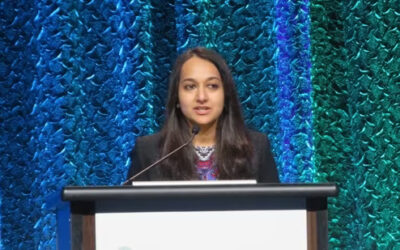
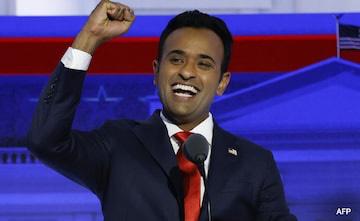
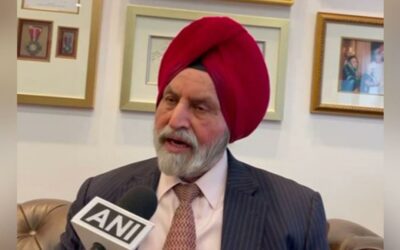

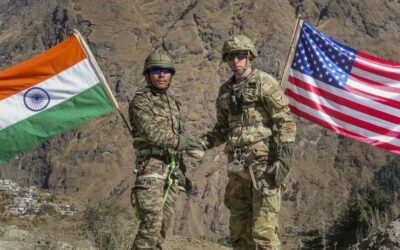
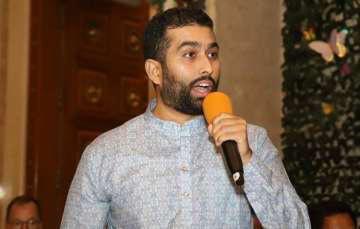



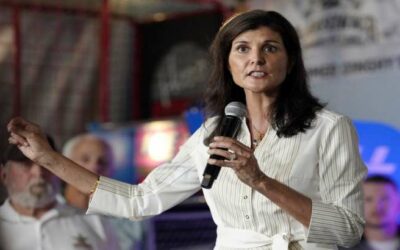
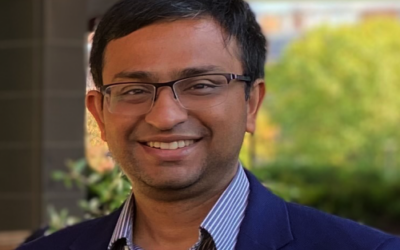
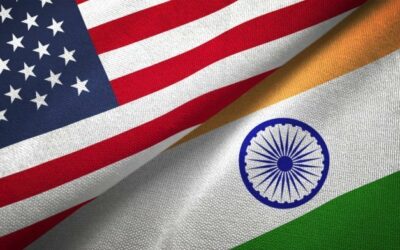
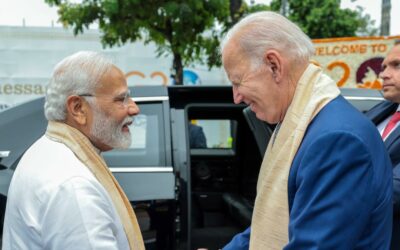
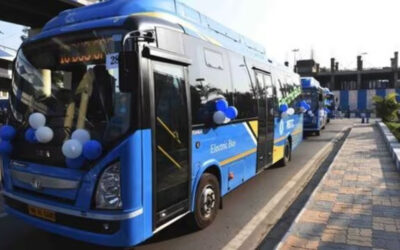
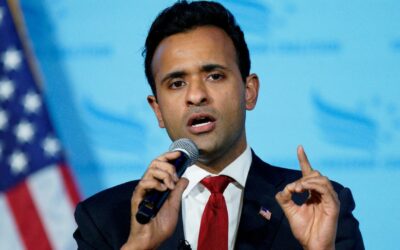
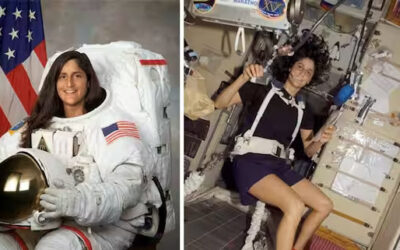
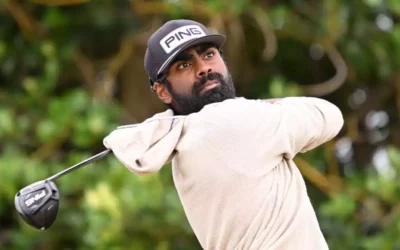
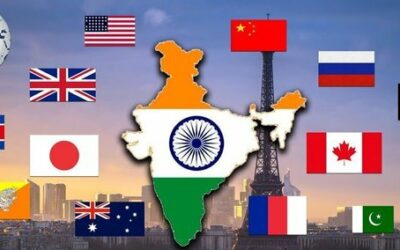
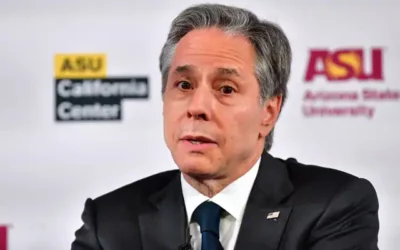
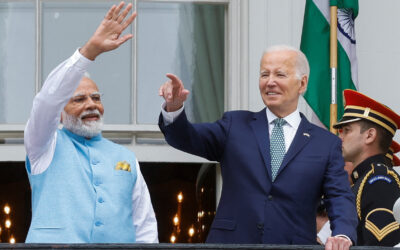
0 Comments